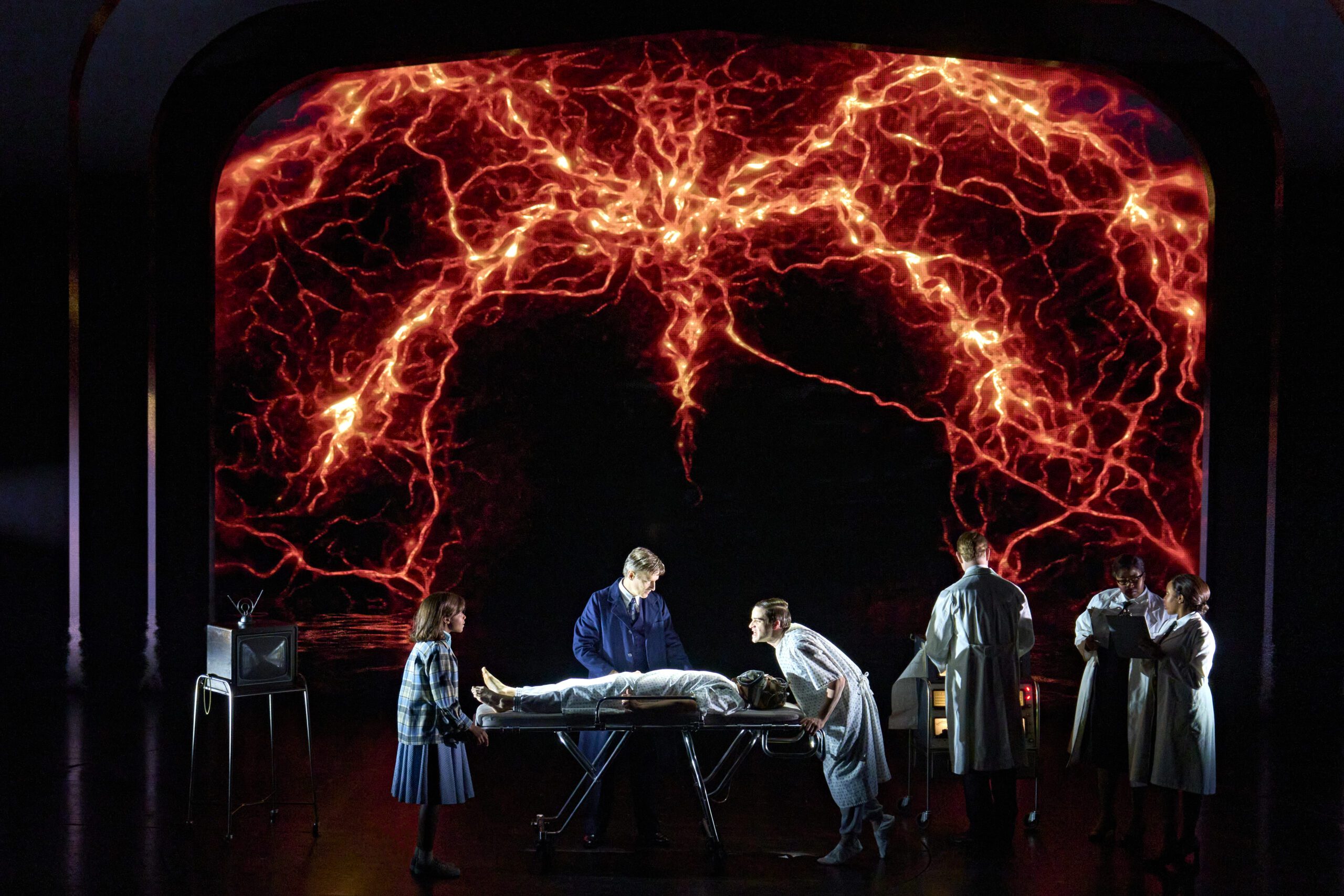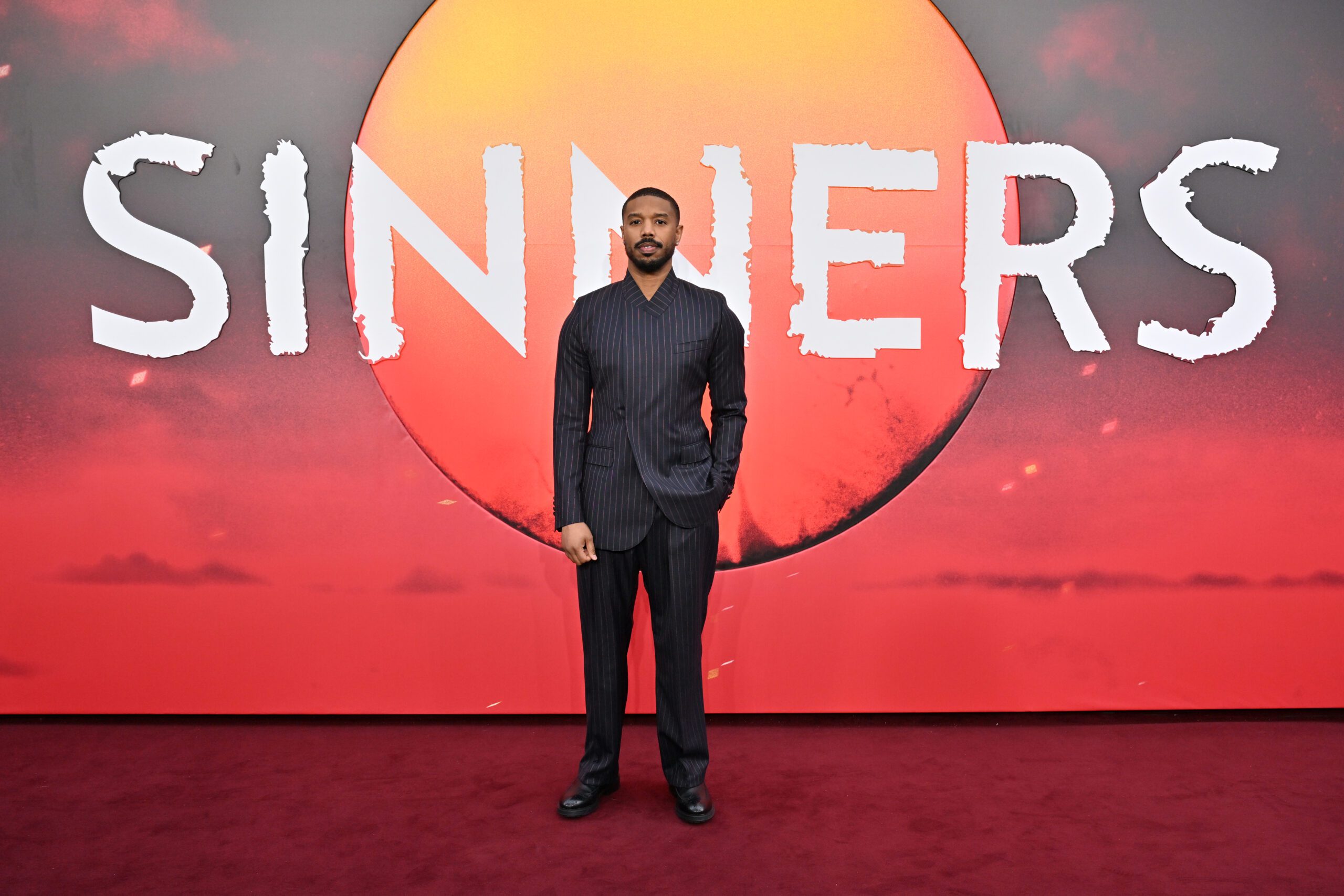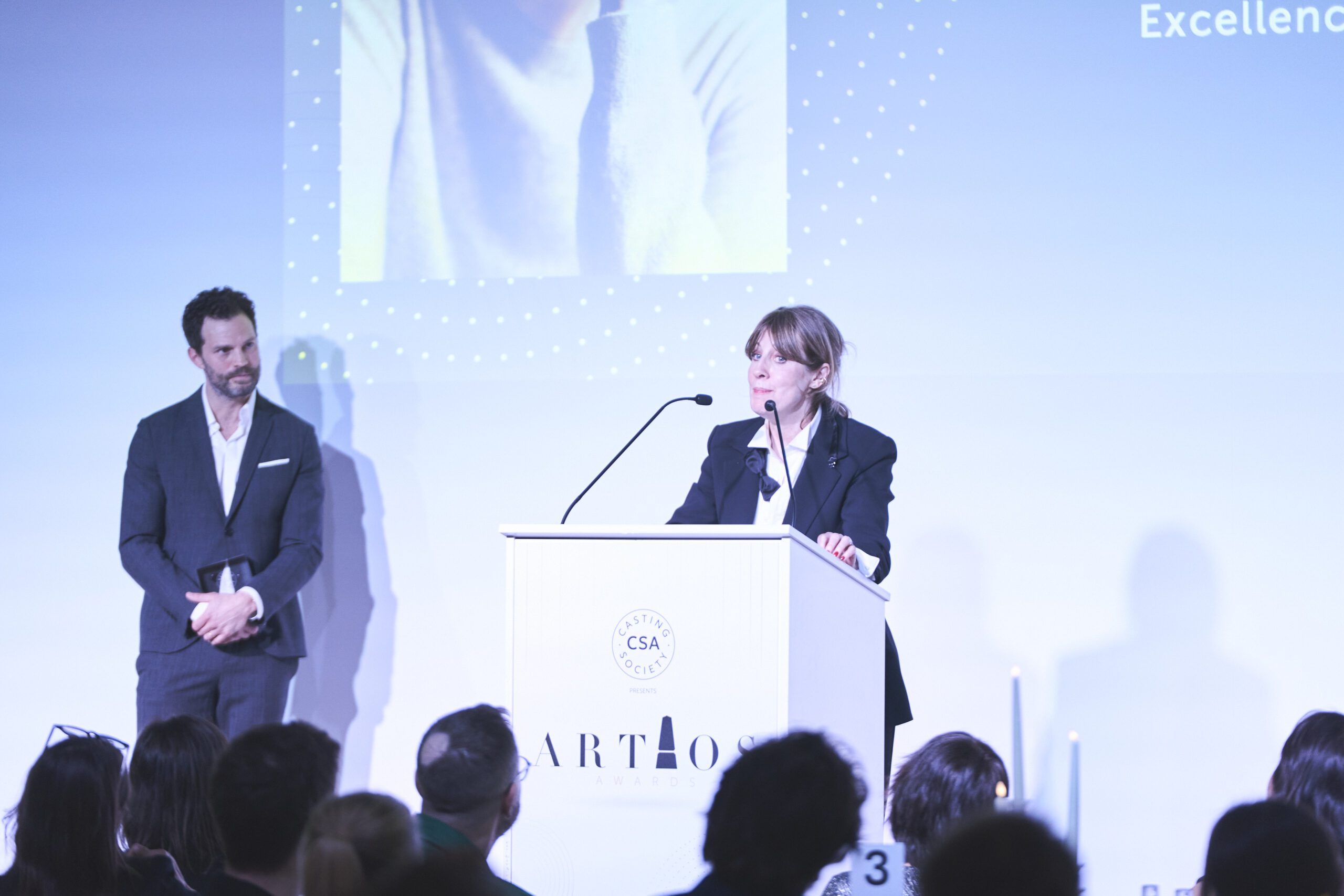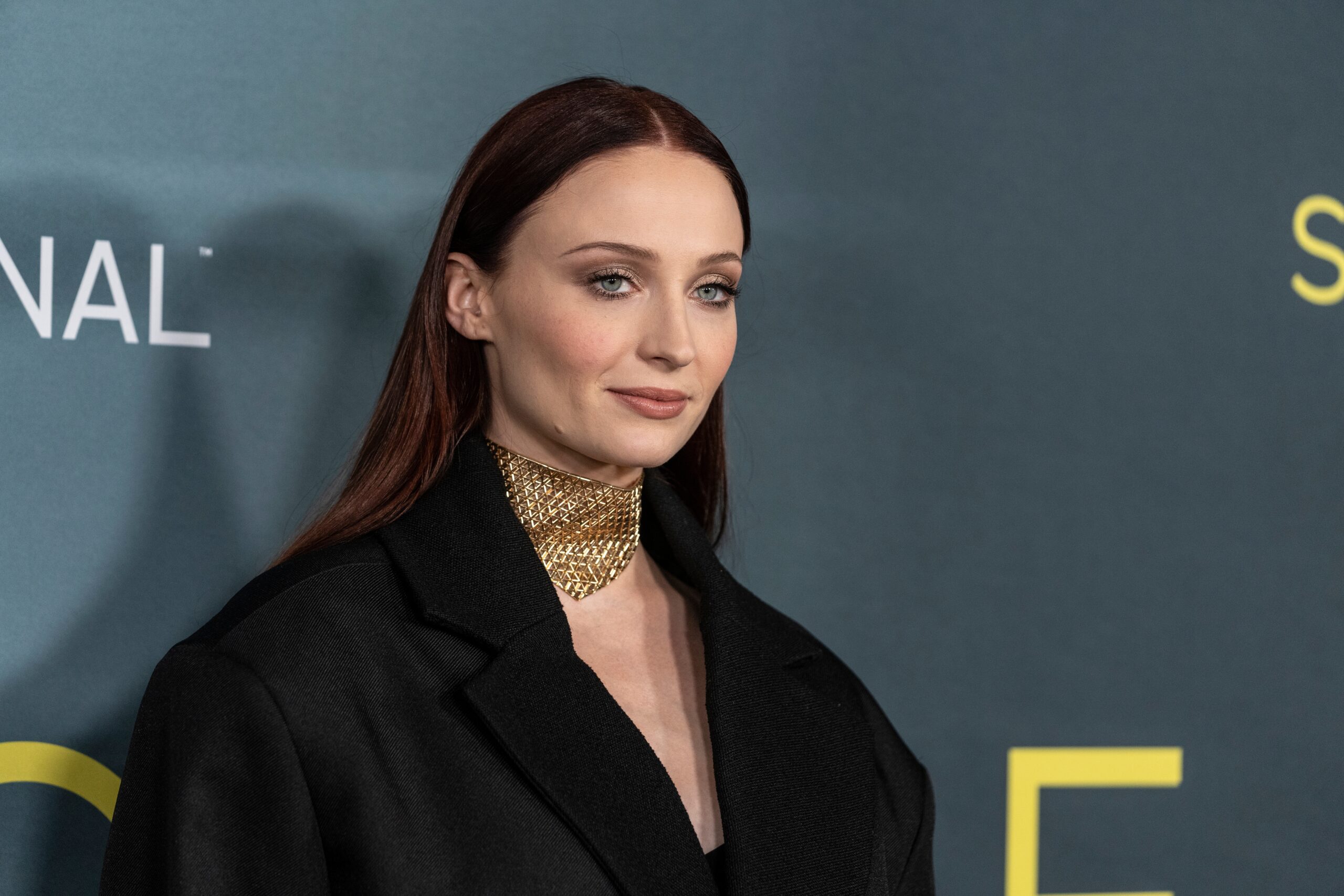The Resident Director of ‘Stranger Things: The First Shadow’, Danielle Kassaraté, discusses her advice on auditioning for the West End and how her acting background has influenced her approach to directing.
Danielle Kassaraté is an actor, director and co-founder of MAWA, the UK’s first all-Black, all-female Shakespeare theatre company. After studying Musical Theatre at The BRIT School in South London, she trained as an actor at the Royal Central School of Speech and Drama.
As the current Resident Director at The Phoenix Theatre for Stranger Things: The First Shadow, Danielle has also worked as an associate director and Head of Talent Development at Queen’s Theatre, Hornchurch. Her first experience directing came from working as an assistant director on a production of All My Sons.
This opportunity led to more work assisting on productions of The Lightning Thief: The Percy Jackson Musical, Tambo and Bones, The Tempest at The Globe and King Lear at the Almeida Theatre. Danielle’s experience quickly materialised with work directing productions of Doughnut and Ice Cream (Nouveau Riche), Sandilands (Talawa), Epic Stages (NYT), Shakespeare on Sea for MAWA at Queen’s Theatre Hornchurch and a production of Everything I Own at Brixton House, alongside co-director Daniel Ward.
As an actor, Danielle’s work includes the Netflix series The Sandman, The Color Purple Musical performed at the Birmingham Hippodrome and the Leicester Curve, the International Tour of The Curious Incident of the Dog in the Night-Time and The Architect at Greenwich + Docklands International Festival.
In this interview, Danielle shares her insight for actors who are auditioning for the West End, how to be comfortable in the room and why she believes the power of theatre is deeply healing.
Here’s what she had to share:
Hi, Danielle! Can you tell us about your earliest inspiration to become an actor?
To be fair, I wouldn’t say it was about wanting to become an actor specifically, more that I knew I wanted to do it. My mum always took me to the theatre. When I was younger, they used to have these offers – I don’t know if it was just for nurses, but she had vouchers for discounted West End tickets. She’s a nurse, and that discount made theatre accessible for both of us, so we went a lot.
That’s where the love started: early memories of sitting in an audience and feeling inspired. I didn’t know if I wanted to act necessarily, but I knew I wanted to do something creative, something that allowed me to be part of the storytelling. I was always drawn to creativity, whether it was school plays or anything artistic.
One of my earliest and most memorable shows was Porgy and Bess. It’s funny because I saw Clark Peters in that show, and years later, I ended up assisting on King Lear, working with him directly. Seeing someone I admired on stage and then getting to work alongside him really felt like a beautiful, full-circle moment.
How did your training at the Royal Central School of Speech and Drama prepare you for working on the West End?
I trained in Drama and Applied Theatre in Education, not acting, and that choice was really shaped by my time at The BRIT School, where I studied Musical Theatre.
During BRIT, we did a community theatre project that made a big impact on me. At the time, a lot of people around me knew exactly what drama schools they wanted to apply to, but I didn’t feel ready to make that kind of decision. I was 17 and still figuring it out. I told my drama teacher how much I loved that community project, and she suggested the course at Central. She had done it herself.
Once I got there, the course really shaped me. It wasn’t always smooth, but it was life-affirming and I’m glad I did it before fully stepping into the industry. It helped me understand theatre as more than just performance but as something deeply communal, healing and powerful.
We worked with Mind Charity and local schools, and my placement at Haringey Shed became my job after graduating. I was directing young people, though at the time I didn’t call it directing, but when you’re guiding 50 kids through The Tempest, it is directing. My path to Central wasn’t linear, but it led me exactly where I needed to be.
What inspired you to want to pursue directing?
After Central, I was working full-time at Haringey Shed. I was directing without calling it that. Then I decided to explore acting again, took some classes, got a scholarship, trained for a year, and got an agent.
So for five to seven years, I focused solely on acting – no teaching or directing, but after lockdown, things shifted. A director I’d worked with at Queen’s Theatre asked me if I’d ever considered directing professionally. I hadn’t. He encouraged me to assist him on All My Sons, so I applied for the Regional Young Director Scheme and got it, which led to more assisting jobs and eventually to directing my own work.
So my directing career has been built from acting, drama school teaching and assisting. All those strands came together to form the path I’m on now.

Image credit: The Other Richard
You also co-founded MAWA Theatre Company – the UK’s first all-Black all-female Shakespeare company. Can you also tell us more about MAWA and the motivation behind founding the company?
We founded MAWA in 2020, during the pandemic. It came out of that time of deep reflection and unrest. There were so many conversations happening in the industry and Maisy Bawden had the original idea. It got us all thinking: if and when things open up, when we come back into the industry, what do we want it to look like?
We all loved Shakespeare and wanted to create space for ourselves in that world. My passion came from my community theatre background. I was really interested in outreach. Together, Maisey, Gabrielle, Jade and I formed MAWA. We started with online videos during lockdown, then moved into live work – two monologue slams in Birmingham and the Globe.
Where it’s going is still evolving. People grow creatively, and that means the company may take different shapes, together or individually. Creating opportunities and holding space for underrepresented voices is always at the heart of what we do, whether that’s together or separately.
You are currently the Resident Director of Stranger Things: The First Shadow. What does this role entail?
I oversee the show day-to-day, watching performances, giving notes, managing cast changes, rehearsing covers, and maintaining the original directors, Stephen Daldry and Justin Martin’s vision.
Essentially, I’m the director on the ground throughout the week, and I work closely with the Associate Director, Anna Girvan.
How did you first become involved in Stranger Things: The First Shadow?
I joined towards the end of last year for the first cast change. I’d already seen the TV series and loved it. When the meeting came through, I was really excited by the idea of stepping into something that already had such a strong identity. I hadn’t seen the stage show at that point, so I made sure to catch it before the meeting, and I was honestly blown away. The way they’d brought that universe to life on stage was incredible. Everything from the design to the performances felt so connected to the series, but also had a life of its own. It made me even more sure that I wanted to be a part of it.
Joining a production mid-run can be challenging. Have there been any struggles you’ve had to navigate?
I wouldn’t call them challenges, just part of the job. I’ve actually joined long-running shows as an actor before, even mid-run, so I know the feeling from both sides.
It’s about learning the ropes, building relationships, and getting comfortable in a new space. I made sure to watch the show before my interview, and I loved it. So when I got the job, I felt excited more than anything.
It’s a process, day by day. Learn the show, learn the names, be kind to yourself and, over time, you find your rhythm.
What is your favourite moment from the show?
There are honestly so many moments I love, and I wish I could talk about all of them, but I’d be spoiling things. What I can say is that what the creative team has managed to do is nothing short of magic. The way they’ve taken the feel of the series – the suspense, the emotion, the nostalgia – and brought it to life on stage is incredible.
You get this real sense that you’re stepping into that world. And for fans of the original show, there are some beautiful nods to familiar characters popping up in ways that make the story feel both fresh and deeply connected to the series. It’s really rewarding to see people in the audience clock those moments.
What do you think theatre adds to the Stranger Things story that TV can’t offer?
The fact that it’s live. That might sound obvious, but for a story as big as Stranger Things – a world full of monsters, parallel dimensions and real emotional stakes – experiencing it all unfold in real time, right in front of you, adds a whole different energy. There’s a kind of electricity in the room, especially in the more intense or surprising moments, where you can literally feel the audience holding their breath.
There are moments where you’ll genuinely think, ‘How on earth are they doing this on stage?’ It reminds you how powerful theatre can be. It’s inventive, visceral and immediate in a way that screen can’t quite replicate.
What advice can you give to actors about auditioning for West End theatre?
One big thing: don’t feel like you have to be a carbon copy of what’s already on stage. Even with a show like Stranger Things, where there’s a television reference, we’re not looking for impersonations; we want to see you.
Do your research, yes, know the world of the show, but be playful. Don’t lock yourself into one version of a scene. You don’t need to be off-book, but being familiar helps and most of all, be open and don’t let rejection define you. I’ve been rejected far more than I’ve been accepted, like most actors. Sometimes the decision comes down to the smallest thing. You can be brilliant and still not be the right fit for this show. That ‘no’ is just making room for the ‘yes’ that’s coming.

Image credit: Ben Wulf
Do you have any tips for actors on how they can successfully collaborate with directors during a show’s run?
Playfulness and generosity go a long way. Offer ideas, be open to discovery. Even in long-running shows, there’s still room for actors to explore and bring themselves to the work.
Collaboration is a journey and every actor brings something unique. That sense of ownership and play helps build a strong relationship with the director.
What advice can you offer for actors who are also interested in directing?
Go for it! Team up with your friends, start small fringe festivals, scratch nights – anything that lets you experiment. There are also amazing initiatives like Open Hire. I’ve applied for those roles before. Even if you don’t get it, the interview practice is valuable.
Drama schools are also great spaces to ask to direct on first or second-year projects. That’s how I started. Use your creative community, your tribe, and create your own opportunities.
Has your experience as an actor influenced your directing style?
Massively. It’s given me a deep understanding of what it feels like to be in the rehearsal room from the performer’s side, the vulnerability, the pressure, and the joy.
When I started assisting professionally, I gained a new appreciation for the many layers of collaboration happening behind the scenes. My background as an actor means I always carry a sensitivity to the room, to energy, to people, to moments that might need care rather than push.
Part of what drew me to directing was the chance to help shape spaces where artists feel genuinely supported, spaces that allow for risk, honesty and growth. I don’t always think I had that, and maybe that’s why I value it so much now.
Ultimately, I just want to create rooms where people feel brave enough to try, safe enough to fail, and inspired enough to fly.
Do you have a preference for acting or directing? Also, how do you find switching between the two?
Right now, I’m enjoying directing. It’s where most of my focus is, but I don’t feel the need to choose. There’s no rule that says you have to do just one thing. I’m giving myself the freedom to explore whatever part of my creative self feels most alive at the time.
Finally, what show on the West End would be your dream production to direct?
My background is in musical theatre, so I’d love to direct a musical. One that really excites me is Five Guys Named Moe by Clarke Peters. I’d be interested in exploring a gender-flipped version of it. The score is incredible, and a lot of the songs are actually about women and relationships from a very male perspective.
It would be fascinating to flip that lens and reframe it through female voices, not just to challenge the male gaze, but to reveal something new in the storytelling through that same catchy, bold and brilliant music.
Thank you, Danielle, for taking the time to speak with us!
‘Stranger Things: The First Shadow’ is on at The Phoenix Theatre now. The documentary ‘Behind the Curtain: Stranger Things The First Shadow’ is currently available on Netflix.
Take a look at our website for more interviews with performers, casting directors and agents.
 Karen is a British actor of south Asian descent, born and raised in Birmingham, England. She is a graduate of The American Academy of Dramatic Arts in Manhattan, New York. Most notably known for her role as Nicole Shelley in the award winning Apple TV+ series Ted Lasso starring opposite Jason Sudeikis, Hannah Waddingham, Brett Goldstein and Nick Mohammed. She also played Noreen Khan in the first two seasons of the BBC television series Phoenix Rise.
Karen is a British actor of south Asian descent, born and raised in Birmingham, England. She is a graduate of The American Academy of Dramatic Arts in Manhattan, New York. Most notably known for her role as Nicole Shelley in the award winning Apple TV+ series Ted Lasso starring opposite Jason Sudeikis, Hannah Waddingham, Brett Goldstein and Nick Mohammed. She also played Noreen Khan in the first two seasons of the BBC television series Phoenix Rise.
In Theatre, Karen starred in Ayad Akhtar’s The Who and the What at The English Theatre of Hamburg in Germany and performed opposite Scottish actor Alan Cumming in the original musical Me and the girls directed by Tony award winner Douglas Carter Beane. She has also played leading roles in regional premieres of David Harrower’s Blackbird and Duncan Macmillan’s People, Places and Things. In 2022 she was directed by Iqbal Khan in Mismatch at The Birmingham Rep as part of the Sky Comedy Rep Festival. Her other credits include lead roles in Camel written by Charly Clive, Welcome to Thebes, As you like it, Lysistrata, 4.48 Psychosis, The Tempest, Good Fit, She Kills Monsters, American As, Julius Caesar for The Public Theater at Shakespeare in the Park and Journey to America at the world famous Carnegie Hall, New York.
Karen’s selected work on film includes starring in The Waves for MTV Entertainment directed by BAFTA award winner Sindha Agha, Man on the Phone for Red Bear Films and Frank’s Plan for Amazon Prime. She has also appeared in commercials for Aramco, WhatsApp with Alex Scott, TK Maxx, West Midlands Combined Authority and Northwell Health Insurance in New York. She recently performed at the An Tain Arts Centre in Dundalk, Ireland in Why are you here? Directed by Paul Hayes.
Headshot credit: Andy Brown
